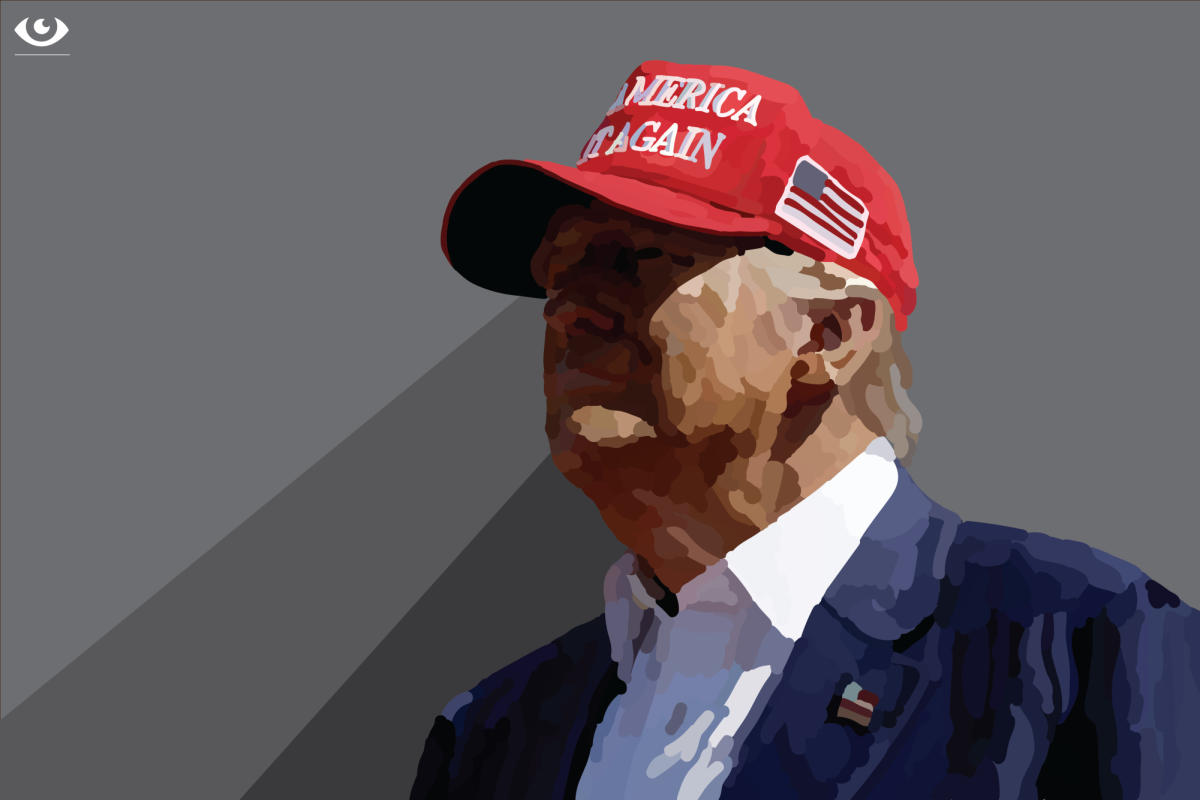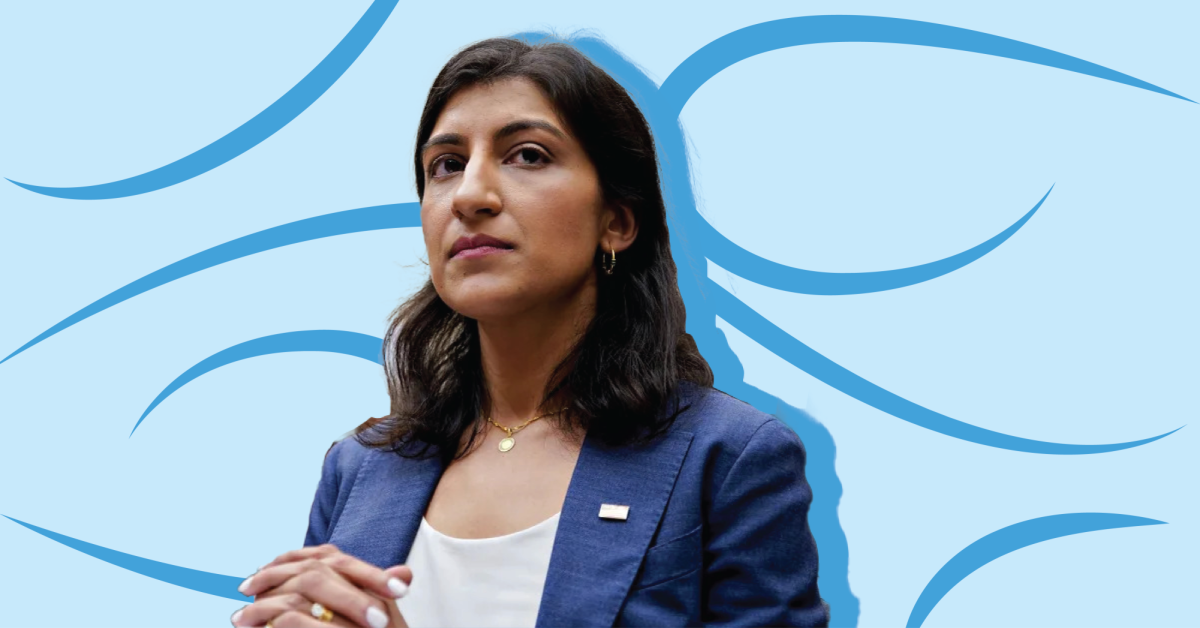Shortly after the Stop Kony hysteria, many people discovered facts about the charity group heading the movement, Invisible Children, that not only discredited their validity, but at times made them appear to be an outright sham. Some of these facts included they only spent 31% of their earnings on charity, they refused to be audited, and received 2 out of 4 stars from an investigative group, Charity Navigator. On top of this, many of their funds went to the Ugandan army, a violent militia that is often accused of reckless violence and rape themselves.
So yes, the “charity” group Invisible Children is not credible and you probably shouldn’t donate to them. But does that mean there’s nothing to learn from the Kony movement? That no significance came from it, and it was merely a social networking fad?
No, I dont think so. The premise of the video made by Invisible Children titled “Kony 2012” was right. Where someone lives should not determine whether someone lives; injustice across the globe is the same as injustice in your backyard; and humans share a transcendent relationship with other humans that should make them care for one an another, regardless of divisive borders and flags. Whether or not the few people who made the video believed their message is irrelevant, because the millions across the world who saw it did.
The fact that so many people affirmed these principles goes far beyond stopping one warlord in Africa. It shows that if the injustices of the world are brought to light, the people will know what’s right and care enough to do something about it. The obstacle comes when people get too caught up in their own lives to find the truth. There won’t always be a slick video that highlights the problems in the world. There won’t always be a mass movement to join.
This Kony movement reaffirms the idea that people care, but it also shows how much people don’t know. Kony has been around for decades now abducting children, and this is not “news,” but to millions of people who saw the video, it was completely new to them. This is because most people passively receive news. They either hear it through gossip and network television, or they don’t hear it at all. If more people took it upon themselves to seek out pertinent news around the world, our citizenry would not only be more informed, but more involved with stopping the injustices around us.



